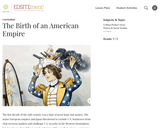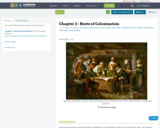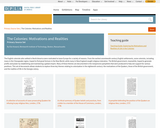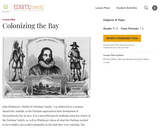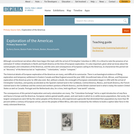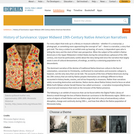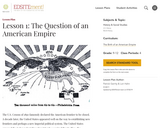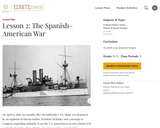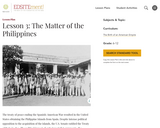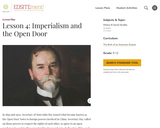
This resource is a video abstract of a research paper created by Research Square on behalf of its authors. It provides a synopsis that's easy to understand, and can be used to introduce the topics it covers to students, researchers, and the general public. The video's transcript is also provided in full, with a portion provided below for preview:
"Antibiotics are powerful for fighting infection. But they could create a dangerous imbalance in the gut, where the eradication of harmful bacteria might make room for gut fungi to invade. To find out, researchers analyzed stool samples from 14 healthy participants. Samples were collected over 3 months following a 6-day course of antibiotics. While the bacterial community mostly rebounded over those 3 months, the fungal community shifted from one characterized largely by mutually beneficial interactions (red) to one fraught with competitive interactions (blue) with half of the bacterial-fungal interactions detected before the antibiotic treatment disappearing 3 months later. Metagenomics data revealed that certain bacteria normally help keep opportunistic fungal pathogens like Candida albicans in check. Understanding how could help researchers find ways to restore balance to the gut microbiome following drug treatment or during disease..."
The rest of the transcript, along with a link to the research itself, is available on the resource itself.
- Subject:
- Biology
- Life Science
- Material Type:
- Diagram/Illustration
- Reading
- Provider:
- Research Square
- Provider Set:
- Video Bytes
- Date Added:
- 11/12/2020
